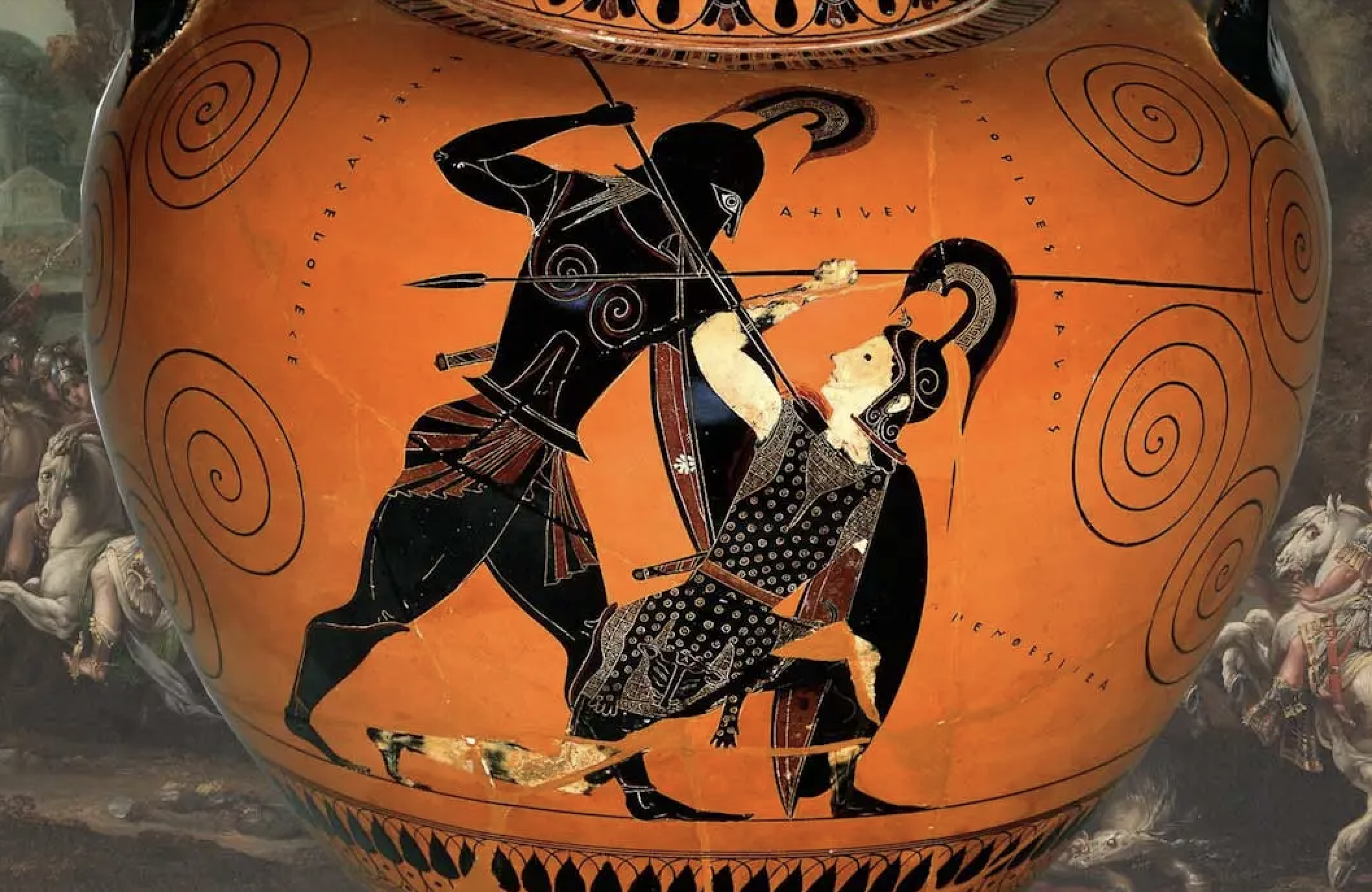Pandora’s Jar: Women in the Greek Myths
By: Natalie Haynes
Aliway Rating: 5 / 5
This was my first 5-star read of 2024. After getting a Greek mythology kick from reading The Song Of Achilles by Madeline Miller, I was yearning for even more insight on the details and characters of these widely known myths. I chose to read Pandora’s Jar by Natalie Haynes next because it was addressing something I hadn’t previously noticed, and many others overlook, when learning about these mythologies: the necessity of giving voices to the women that star in these myths. Although we undeniably recognize the notorious names like, Helen of Troy or Medusa, and can maybe even manage to retell their roles within these myths, it’s highly unlikely we’ve chosen to analyze the depths of their thoughts or genuinely consider the horrifying circumstances they’ve been forced into. This is what Natalie Haynes does, she takes us through the most famous versions, as well as the lesser known versions, of the women in these mythologies and provides a meaningful and realistic explanation to their actions and personalities.
Note how I specify the different “versions” of these myths. One thing that Natalie Haynes makes abundantly clear throughout this book is that when looking at Greek mythology, one must always remember how these characters live throughout many different versions of their own mythologies, each of which have been written at different points in time. There may be certain versions that are more well-known or widely retold than others, but that doesn’t make them any more original or “correct” than versions that are less popular. Example: (spoiler for The Song Of Achilles), it is never once mentioned that Achilles’ weakness is in his heel, and unlike what we are expecting, he isn’t killed from an arrow to his heel. This is because Madeline Miller chose to retell another version of this myth, where the famous Achilles heel narrative does not exist. This was definitely a shock to me finding out that this famous characteristic wasn’t added to Achilles’ story until later versions, but for some reason it stuck.
In order to accurately perceive and analyze these characters and their mythologies, Haynes explains, “Myths – Greek ones perhaps especially so – are protean…they operate in at least two timelines: the one in which they are ostensibly set, and the one in which any particular version is written.” This directly relates to the perception of these female characters because, while some versions grant them genuine power and individual perspectives, others not only silence them (by literally giving them no lines) but also portray them in deliberately negative and misogynistic lights, denying them the chance to voice their side of the story. Haynes even goes so far as to prove how some of the modern versions of these myths are actually more restrictive than the ones written hundreds of years ago, she notes, “As is so often the case with these stories, the relatively recent versions often diminish the role played by female characters more than their ancient counterparts.” Surprising…but is it really?
Natalie Haynes is so well versed in these mythologies, that she unfolds them in such a digestible way, where I learned so much more about all the different versions that exist. She even references renditions from our own time like Clash of the Titans or Percy Jackson, sparking some intriguing comparisons. My personal favorite from this book is the story of Clytemnestra, the wife of Agamemnon. Although I won’t go into too much detail, I found her character to be one of the most misunderstood and wrongfully criticized throughout history. As Haynes says, “Whichever version of Clyemnestra’s story men read, or saw, or heard, they came across the same troubling phenomenon: a woman who did not know her place.” In this case, Haynes continues to go into abundantly more detail to rightfully defend and give reason behind Clytemnestra’s actions. For many reasons I believe this chapter perfectly represents the essence of the book as a whole, but mainly because it’s an impeccable example of a woman engaging in the actions of revenge and trickery that are so commonly performed by men throughout mythology (and history), yet she faces criticism and disdain for them while the men have traditionally been valorized and praised for these same actions. One of the reasons I love this book so much is because although Clytemnestra, along with the many other women featured, has often been steeped in negativity across all sorts of iterations and versions throughout time, Natalie Haynes steps in to challenge and rectify this narrative with solid proof and arguments. If you’re keen on delving deeper into Greek mythology, or just seeking a fresh (not too commonly used) perspective on these well known stories, Pandora’s Jar: Women in the Greek Myths, is at the top of my recommendations, offering a less conventional but more intriguing and honest take on these narratives and characters.






